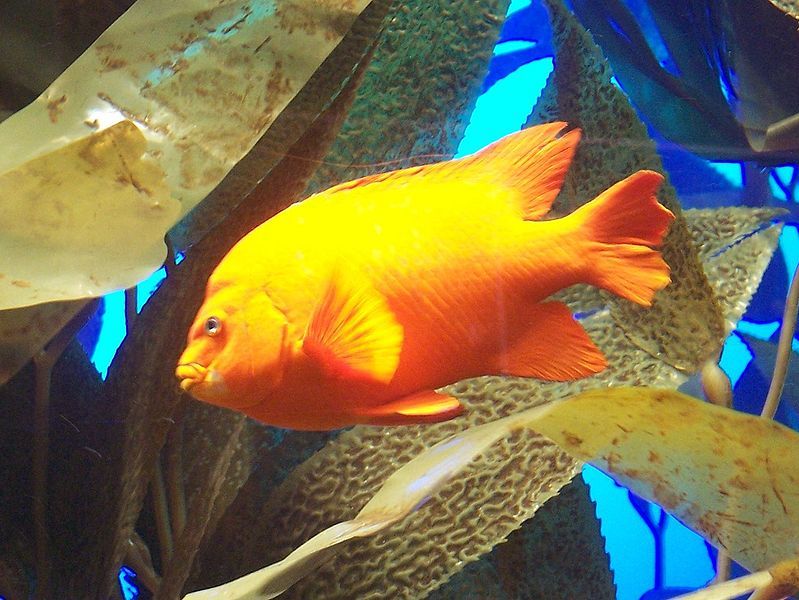CO2 levels affecting brains of fish
Rising emissions from anthropogenic CO2 emissions are causing an increase in ocean carbon levels, affecting the brains and central nervous systems of many sea fishes. This may hamper their ability to avoid predators or catch prey.

Rising emissions from anthropogenic CO2 emissions are causing an increase in ocean carbon levels, affecting the brains and central nervous systems of many sea fishes. This may hamper their ability to avoid predators or catch prey.
The changes could interfere with fish’s ability to smell, hear, turn and detect and evade predators. "For several years our team have been testing the performance of baby coral fishes in sea water containing higher levels of dissolved CO2 and it is now pretty clear that they sustain significant disruption to their central nervous system, which is likely to impair their chances of survival," Prof. Munday of the ARC Centre of Excellence for Coral Reef Studies at James Cook University.
"We've found that elevated CO2 in the oceans can directly interfere with fish neurotransmitter functions, which poses a direct and previously unknown threat to sea life," Prof. Munday says. The study revealed that in a high carbon environment, predators were somewhat affected, but the clown and damsel fishes present suffered far more losses in the alien environment than in a control.
"Our early work showed that the sense of smell of baby fish was harmed by higher CO2 in the water; meaning they found it harder to locate a reef to settle on or detect the warning smell of a predator fish. But we suspected there was much more to it than the loss of ability to smell." They went on to find that the fish lost their sense of when to hide in reefs and when to avoid them, which is related to the time of day.
After further study, the researchers found that the species with GABA-A receptors in their brains, mostly crustaceans and some fishes, were the ones reacting to the change. With 2.3 Billion tonnes of CO2 dissolved into the oceans each year, this problem will only get worse.
This goes hand in hand with other factors we already know affect ocean life. It has been known for some time that the acidifying effect of dissolved CO2 is impacting and will continue to impact sea life. This is a further indicator, should we need one, for the need for climate action on behalf of our oceans.

